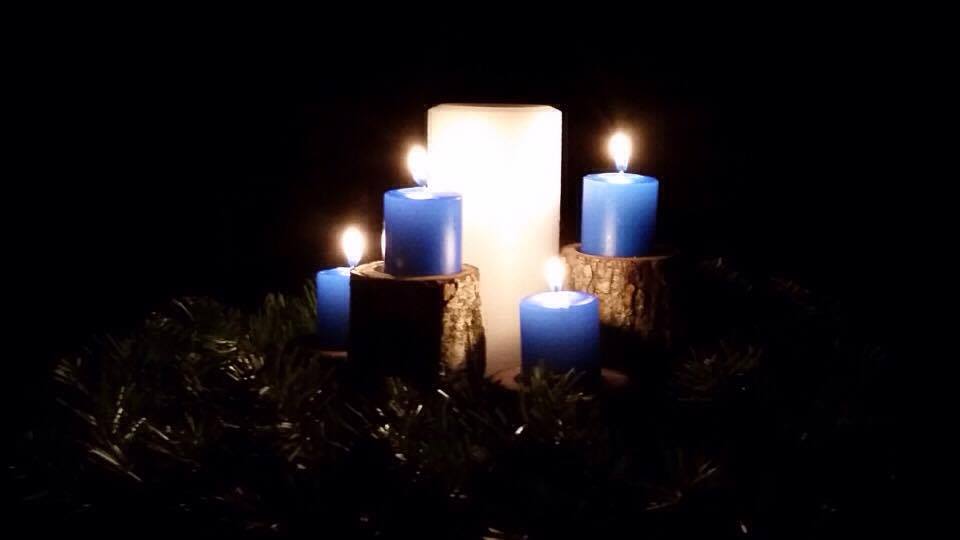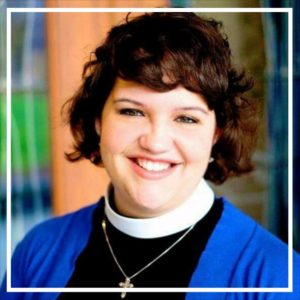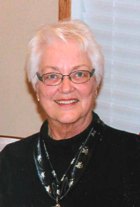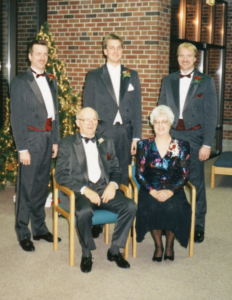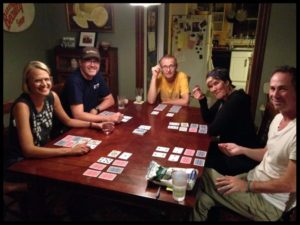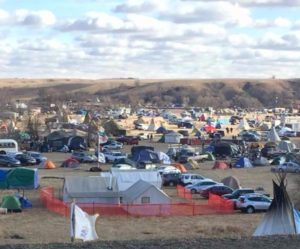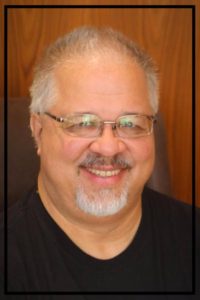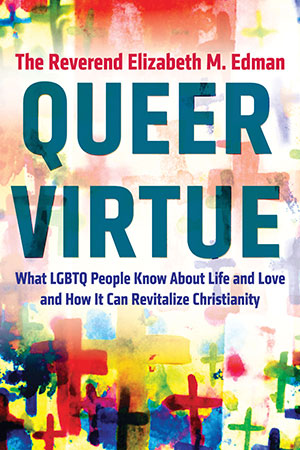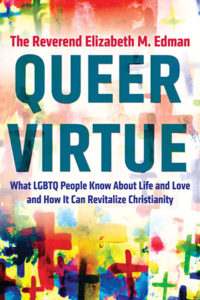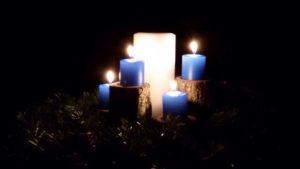
“And so I reached out . . . and to paraphrase the Beatles: I got by with a little help from my friends.”
Guest blog by Analyse Triolo
Proclaim Member and Vicar, Trinity Lutheran Church, New York City
Christmas hurts. It has for almost as long as I can remember. I guess that happens when you lose numerous loved ones around the holiday season. As a teen, the disconnect from the joy and cheer of Christmas felt isolating at times; it felt like I was the only one not enjoying the seemingly endless Christmas music, earning me the nickname Grinch on numerous occasions.
This year is going to be the hardest Christmas yet. I lost my Mom on September 4th of this year, just days before starting my internship at Trinity Lutheran Church of Manhattan, on New York City’s Upper West Side. When my supervisor, Rev. Heidi Neumark, offered me the opportunity to lead a Longest Night Service, sometimes called a Blue Christmas Service, I jumped at the chance without thinking, then immediately wondered if I had the emotional capacity to write the whole service from scratch. And so, I reached out. I reached out to ELCA clergy and my classmates on internship, and to paraphrase the Beatles; I got by with a little help from my friends.
Fellow proclaim members Rev. Brenda Bos, pastor of Christ Lutheran in San Clemente, CA and Rev. Bill Beyer of Grace Lutheran Church in Thiensville, WI shared some of their experiences leading Blue Christmas services with me. “We started the Blue Christmas tradition in 2015,” said Rev. Beyer.
We had a large number of people in our congregation who had been affected by loss of one kind or another. Some had experienced death, some rejection, and some were experiencing loss of another kind. So many people had come up to me and said words to the effect of, “People just don’t know how hard the holidays are.” While many are rejoicing and singing carols there are a significant number of people in our lives who are in pain. They keep that pain silent because at this time of year it is about love, family, peace, and happiness. But that is not the reality for many . . . Blue Christmas honors that pain.
They went on to talk about what congregants found meaningful in the service. Rev. Bos wrote:
We light four candles, with one pastor reading a prayer as we light the candles, remembering those we’ve lost, recalling pain, naming our loss of direction in our lives, claiming hope. The Christ Candle is in the center, lit last, to remind us Christ is the center of our lives. A slightly different take on the Advent wreath. My parishioners tell me that was the most meaningful part.
Rev. Beyer added that in his first Blue Christmas service worshipers were invited to place blue carnations in a vase in memory of loved ones lost, which remained up during other Christmas services, a very memorable and meaningful experience for those who were grieving.
Their reflections reminded me just how important ritual is, perhaps even more so when more complex and difficult emotions and experiences need to be named. As I finished writing the liturgy for my first Longest Night Service to be held on December 21st, the longest night of the year, what I was expecting to be a really painful process became therapeutic, bringing some peace to what will be a difficult time for me. It is my hope that this service will bring some of that same peace to others as well.
Analyse Triolo, sometimes known as The Vicar of Manhattan, is trying to learn to navigate the worlds of internship and approval simultaneously while still trying to figure out why everyone is telling her she’s an adult now. She holds a Masters in Divinity from the Wake Forest University School of Divinity, a Masters of Arts in Ministry from the Lutheran School of Theology at Chicago, and is told she’s a Master Crafter too! If you know of a job opening be sure to let her know!
Join us. Give in support of faithful & fabulous LGBTQ+ people whose public witness as pastors, deacons, and seminarians is enriching and transforming our church.

